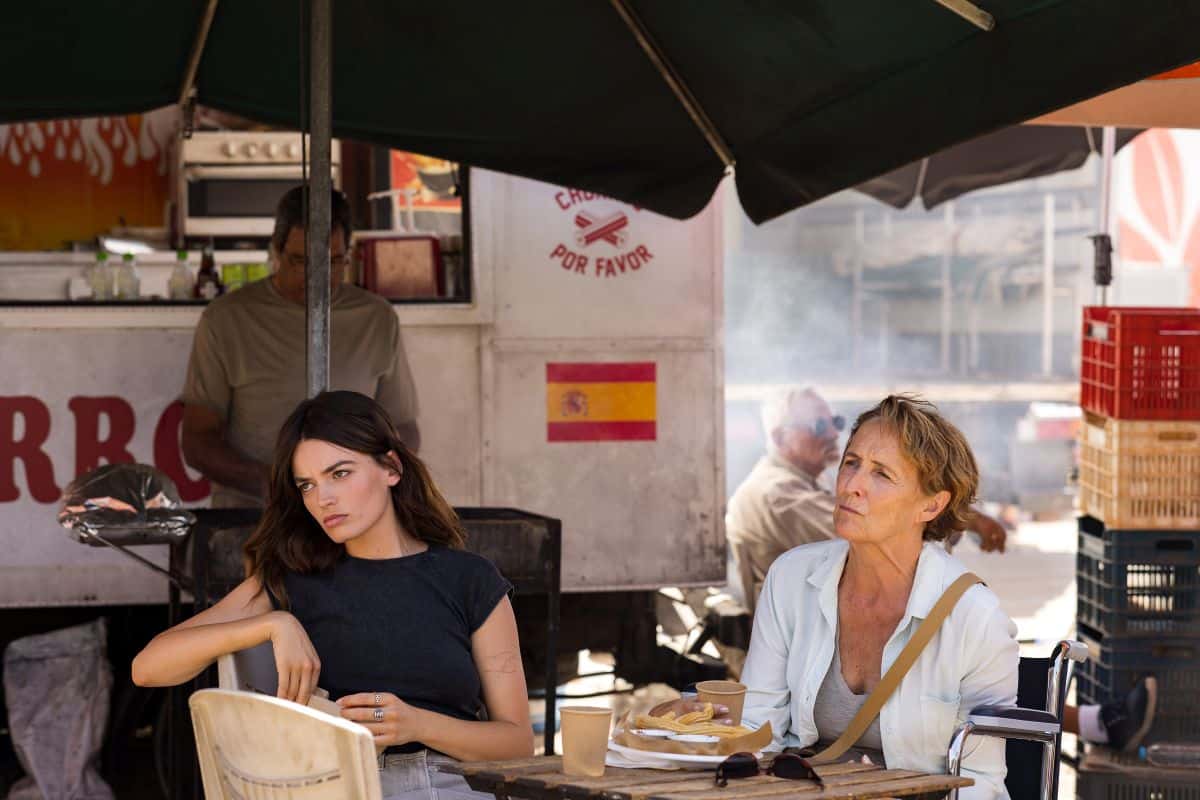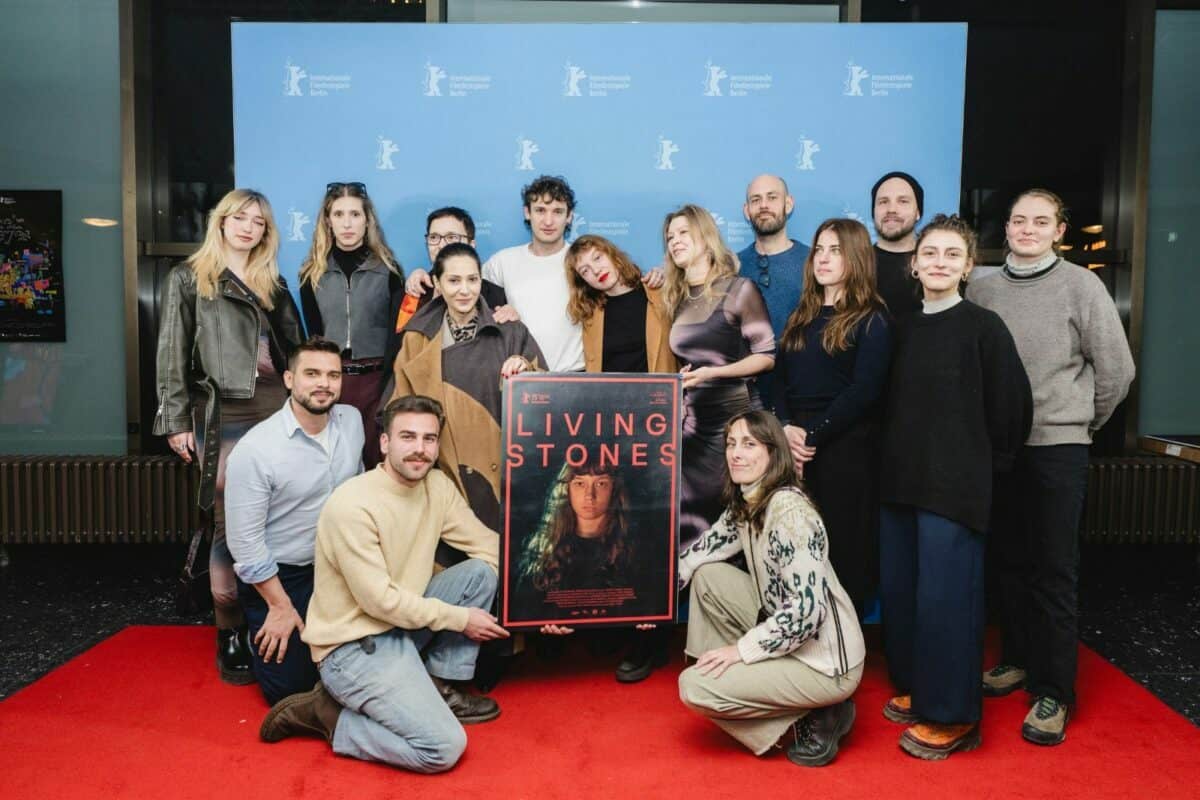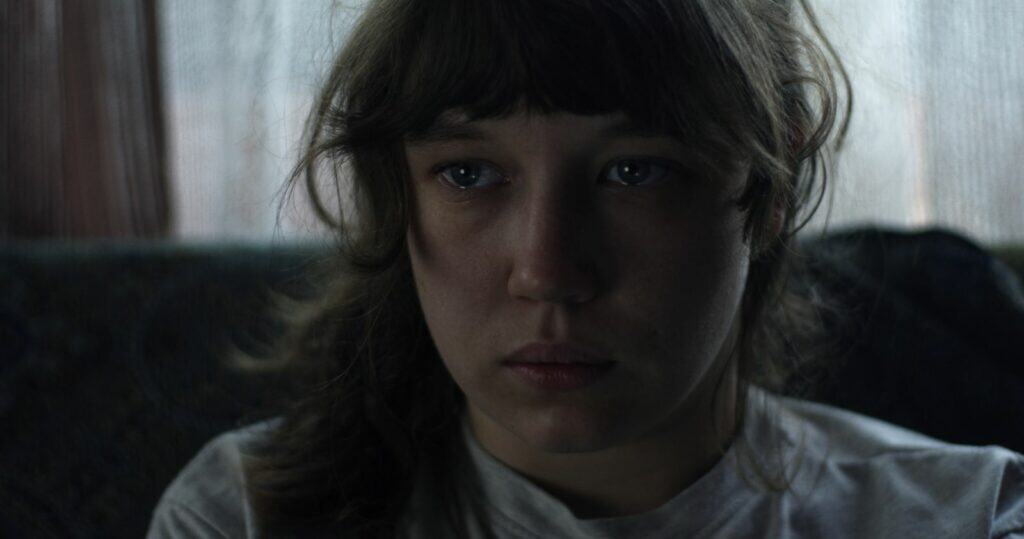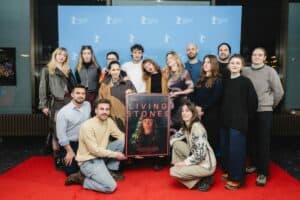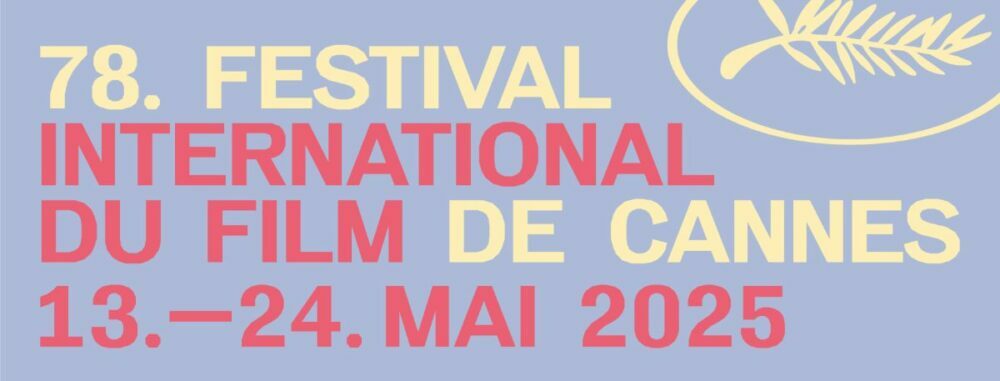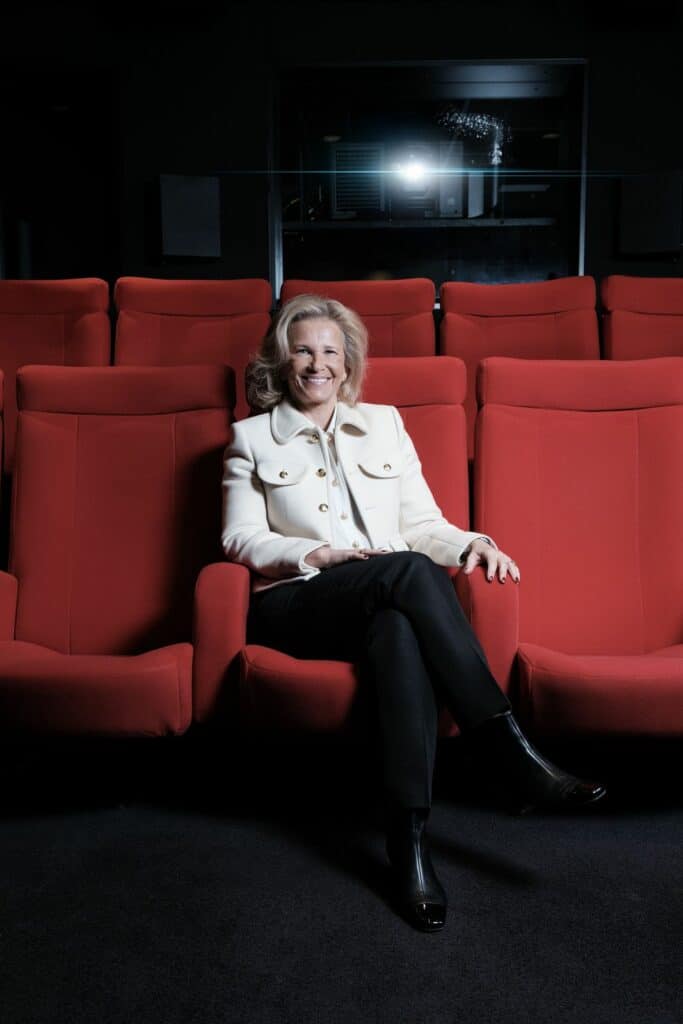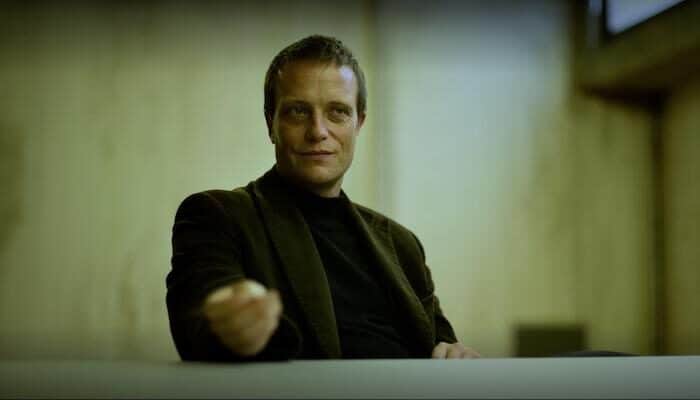Rebecca Lenkiewicz, the director of Hot Milk, is a British playwright. She wrote Her Naked Skin in 2008, the first original play by a female writer to be produced at the Olivier Theatre at London’s Royal National Theatre. Later, she co-wrote the script for the Oscar-winning film Ida. The original script was written in English and subsequently translated by the director, Pawel Pawlikowski, into Polish. The Berlinale competition became the arena for her first feature as a director. Hot Milk is adapted from Deborah Levy’s acclaimed 2016 eponymous novel. Set against the sun-scorched backdrop of Almería, Spain, the story follows Rose (Fiona Shaw) and her daughter Sofia (Emma Mackey), who has spent her life tethered to her mother.
The reason is that Rose is confined to a wheelchair due to a mysterious illness. The pair travel to the seaside town to consult Dr. Gomez (Vincent Perez), a shamanic physician who may hold the key to Rose’s recovery. Sofia meets the enigmatic, free-spirited traveller Ingrid (Vicky Krieps) and finds herself drawn to her. a spark that promises more than it delivers. Meanwhile, there is an apparent tension between mother and daughter that will escalate during the film, though it’s more exhausting than compelling.
The description might sound inept or even as an attempt to take the film down, but this is basically what goes on here. Anyone sensitive to hackneyed clichés should be wary of this work since it might provoke a severe allergic reaction. This is especially true regarding the characters, who stumble through predictable arcs with little depth.

Hot Milk is a Hot Mess
Hot Milk was my first competition film, which was not a good start. The runtime is a mere 92 minutes, but the film feels way longer. The bickering between the mother and daughter quickly becomes tedious and never goes anywhere. Even though the story is set in Spain, it was actually shot in Greece. Not that it matters with the lacklustre cinematography with hardly a memorable image. The landscapes, which could have elevated the mood, are reduced to bland backdrops.
When you start to wonder where things are going, Vicky Krieps literally rides into the film, bringing hope to Sofia and naive spectators that things will change for the better. The character’s name, Ingrid, reminded me of the other shipwreck she was in recently, Bergman Island. This is not more successful.
Apparently, Hot Milk has been floating around for years before it found an unexpected home at this year’s Berlinale. I kept thinking about Maggie Gyllenhaal’s debut, The Lost Daughter. There are thematic similarities—mother-daughter strain, identity crises—and both films were shot in Greece. The latter was set there as well, and its setting was used with purpose. Whatever scepticism I have towards that overpraised film, it is superior in every respect to this muddled work.
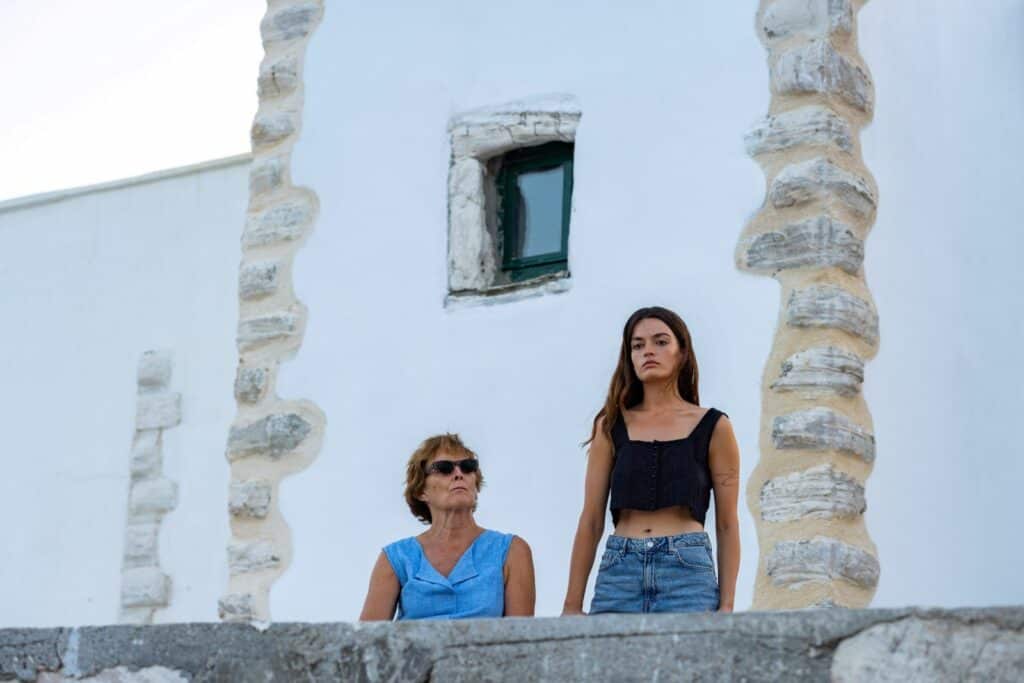
Fiona Shaw attempts to breathe some life into her poorly written character, gamely wrestling with dialogue that clunks rather than sings, but the less said about the rest of the cast, the better. For instance, Vincent Perez’s Dr. Gomez feels like a caricature of mysticism. The film derails almost instantly, and a final shot that attempts to put the film back on track fails miserably. It doesn’t help that it emerges from nowhere.
It is not easy to comprehend what flavours Mathilde Henrot and the other selection committee members detected in Hot Milk. There were some reviews that tried to be understanding, but the overwhelming majority of the audience saw this film for the hot mess that it is.
Hot Milk
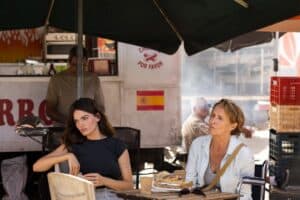
Director:
Rebecca Lenkiewicz
Date Created:
2025-04-12 22:40
